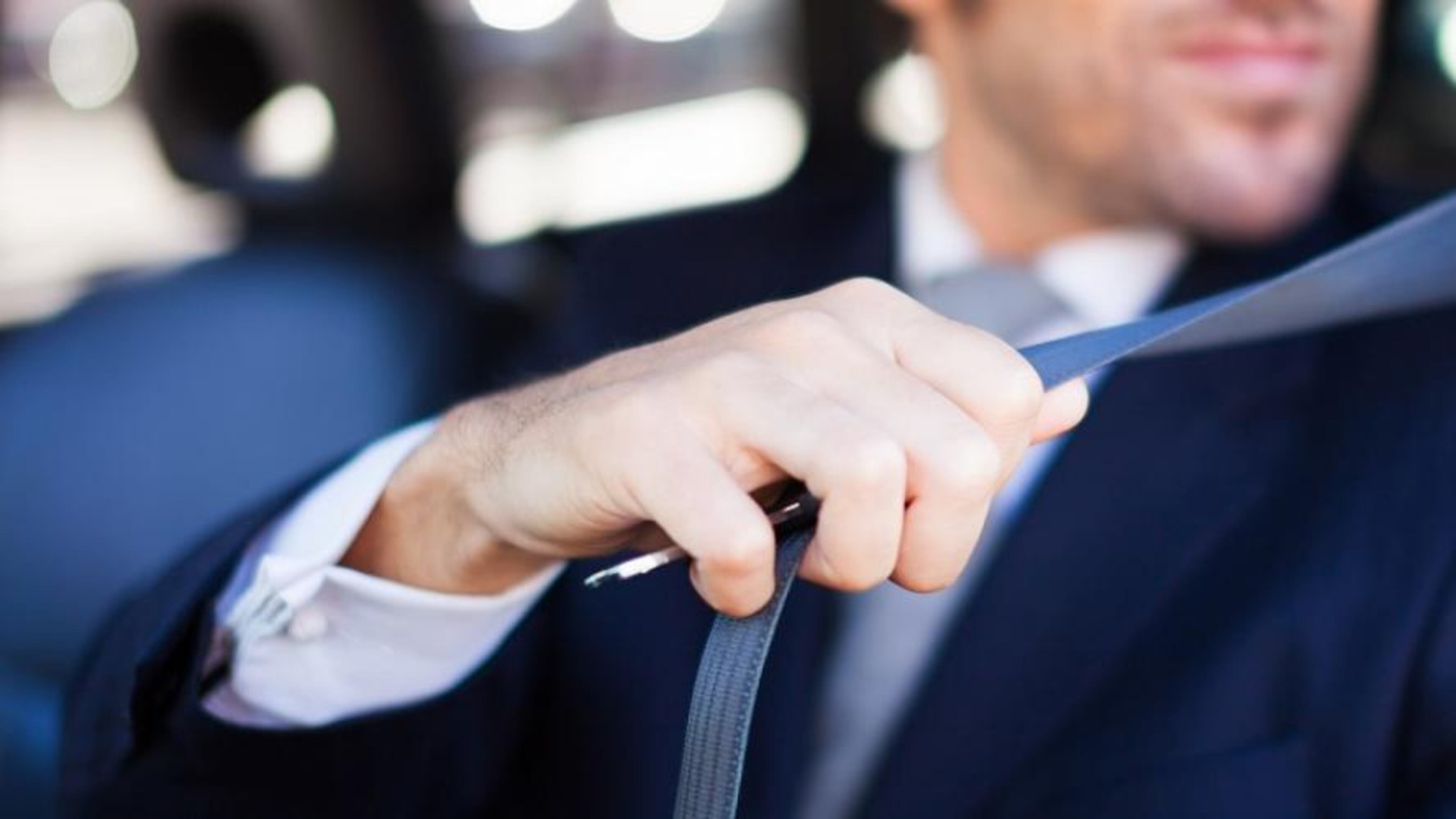Georgia Senate considers tougher seat belt law

Should Georgia require everyone in a passenger vehicle to wear seat belts? That’s the question a state Senate committee will tackle in coming months.
Current Georgia law requires drivers and front-seat passengers to wear seat belts. It also requires children age 8 to 17 to buckle up, regardless of where they sit (younger children must be in an age-appropriate car seat or booster seat).
But Georgia is one of 20 states that don’t require rear-seat adults to be strapped in.
On Wednesday, a Senate study committee heard testimony about the toll taken when people don’t wear seat belts. In 2017, 1,057 passenger vehicle occupants died in crashes on Georgia roads. Of those, 44 percent were not wearing a seat belt, according to data compiled by the National Highway Traffic Safety Administration. Nationwide, 43 percent of people who died in crashes were not buckled up.
“The data speaks for itself,” Allen Poole, director of the Governor’s Office of Highway Safety, told committee. “We can save additional lives by requiring a seat belt to be buckled up if you’re the passenger in the back seat of a vehicle.”
Traffic safety has gotten renewed attention in recent years as highway fatalities jumped by a third. Last year the General Assembly addressed distracted driving by prohibiting motorists from handling their cell phones while driving.
This year, Sen. Tonya Anderson, D-Lithonia, sponsored Senate Bill 160, which would require all occupants of passenger vehicles to wear seat belts. The bill went nowhere. Instead, senators created a committee to study the issue. It held its first meeting Wednesday and is expected to report its findings by Dec. 1.
Anderson said she’s “very optimistic” her legislation – or something like it – will pass the General Assembly next year.
“It’s a common-sense effort to save lives,” she said.
Sen. John Albers, R-Roswell, chairman of the study committee, was noncommittal. He said the committee is just beginning to gather information. But he said it's clear there's a problem that needs the state's attention – perhaps through additional education efforts to encourage people to wear seat belts.
“It sounds like we could have some money well spent if we had some more public service campaigns,” Albers told the committee.

